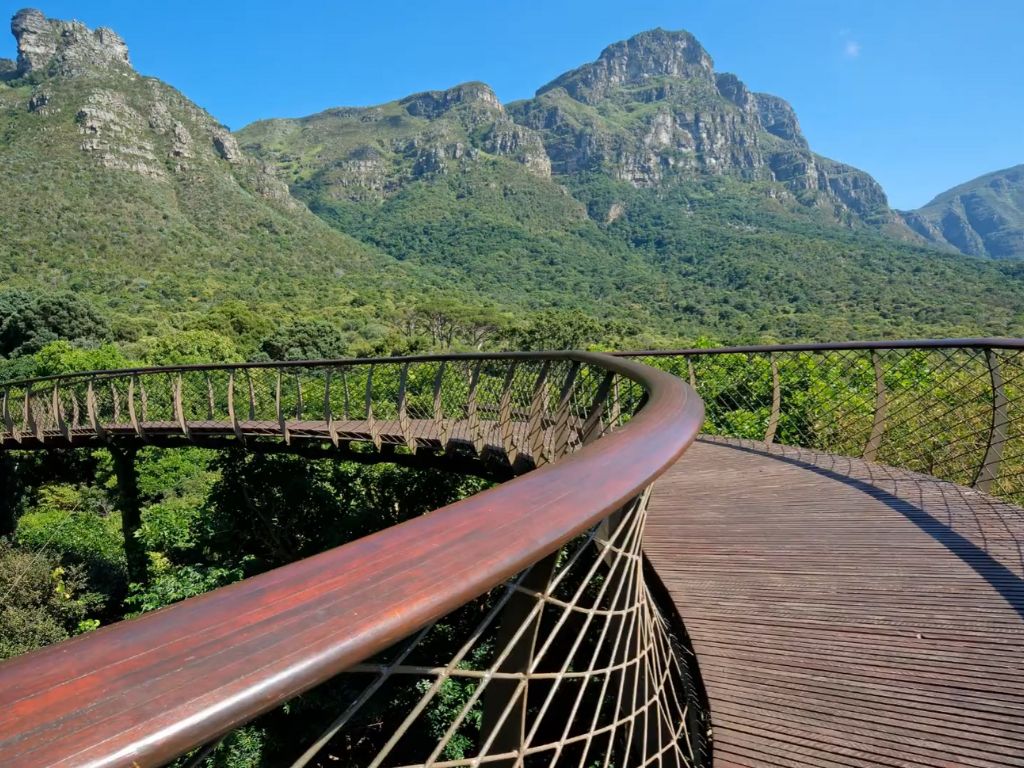The cold winter wind swept through New York City’s streets, making Sarah long for a warmer place. She then realized her escape was far away, in South Africa’s beautiful landscape.
Sarah had always wanted to see South Africa, known as the “Rainbow Nation.” But pricey trips and the crowded high season held her back. That changed when she found an article titled, “Visit South Africa in Winter – Discover Incredible Experiences.” Excitement rose with each word she read, pushing her to make the trip.
In South Africa’s winter, places like Kruger National Park and Cape Winelands boast amazing travel opportunities. This time sees fewer tourists, lower costs, and mild weather. It’s a great chance to experience the country’s wildlife, wine, and culture without the usual rush.
Key Takeaways
- Discover incredible safari experiences in Kruger National Park during the dry winter season
- Explore the vibrant city of Cape Town and the surrounding wine regions with fewer crowds and lower prices
- Witness the awe-inspiring annual migration of southern right whales along the coast of Hermanus
- Immerse yourself in South African culture and cuisine through local festivals and events
- Take advantage of the temperate winter climate to enjoy outdoor adventures and activities
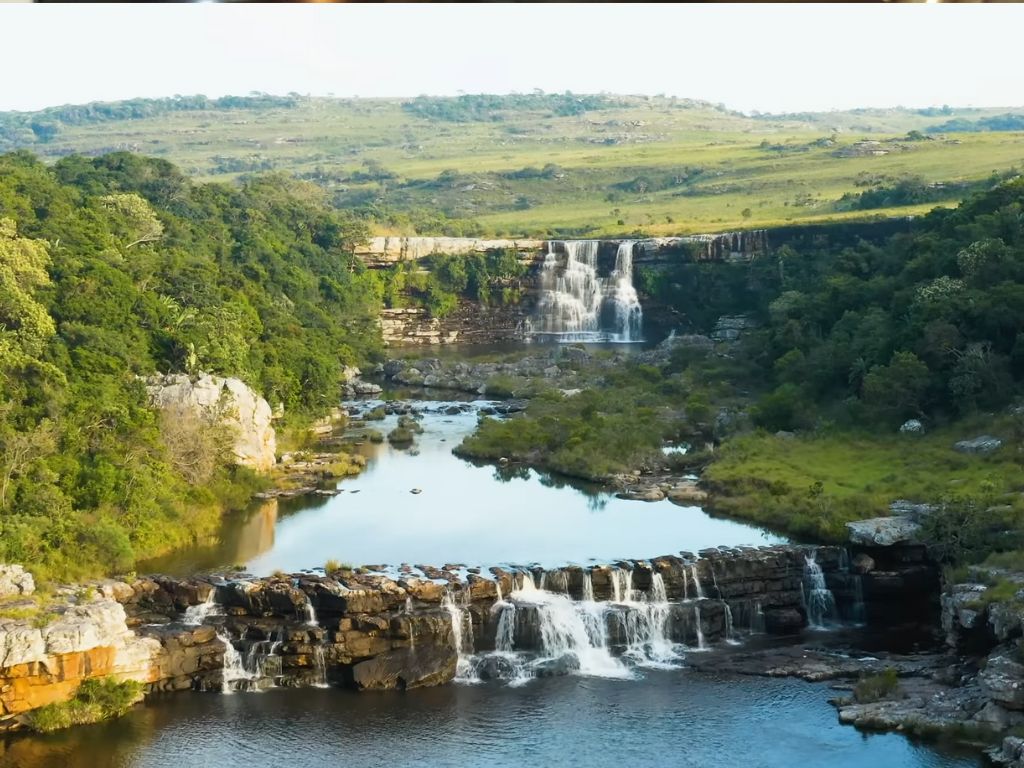
An Overview of South African Winter
South Africa has its winter from late April to August. Days are mostly in the mid-70s Fahrenheit. Nights can drop to the low 50s Fahrenheit. It’s not too cold, but pack some warm clothes.
Winter is low season in South Africa. The dry weather is great for seeing wildlife. With less rain, animals gather near water, making them easier to spot. This is also a time when prices are lower and there are fewer tourists.
Understanding the Seasons in South Africa
Winter in South Africa means less rain, making it easier to see animals. Trees are not as full, and wildlife gathers near water. This is your chance to see the famous Big Five and more.
Advantages of Traveling During the Low Season
Winter in South Africa is the low season. It’s cheaper to visit. You’ll find better deals on places to stay and flights. Plus, there are fewer people, so you’ll have more peaceful visits.
Shorter Days and Early Sunsets
Winter in South Africa has shorter days. The sun sets early, so it gets dark quickly. This means being careful, especially if you’re out late. Plan your days to see attractions while it’s still light.
Winter Wildlife Safaris in South Africa
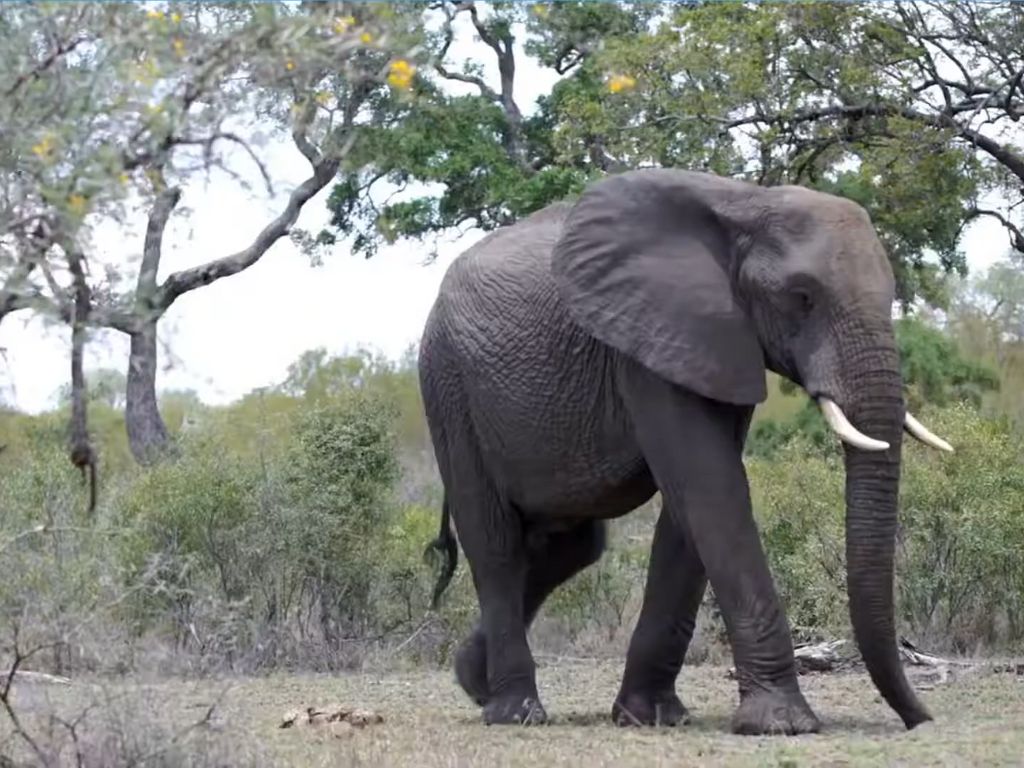
Kruger National Park is a top spot for wildlife safaris in South Africa. The best time to visit is during winter. Animals are easily spotted near water sources. The dry season and less vegetation mean more chances to see wildlife. Travelers will likely see the Big Five and many other animals.
Spotting the Big Five During the Dry Season
The winter months are great for finding the Big Five. Less rain means fewer places for animals to find water. They gather at the remaining water holes, making them easier to see. This is especially true in Kruger National Park. Many visitors get to see all the Big Five in a single drive during winter.
Recommended Luxury Safari Lodges
For those looking for luxury, South Africa has several top safari lodges. Some of the best include Kapama Buffalo Camp, Arathusa Safari Lodge, and more. They offer upscale safaris with features like private pools and spa services. The lodges are near Kruger Park, meaning great chances to see animals up close.
Find out Why You Should Visit South Africa in Winter
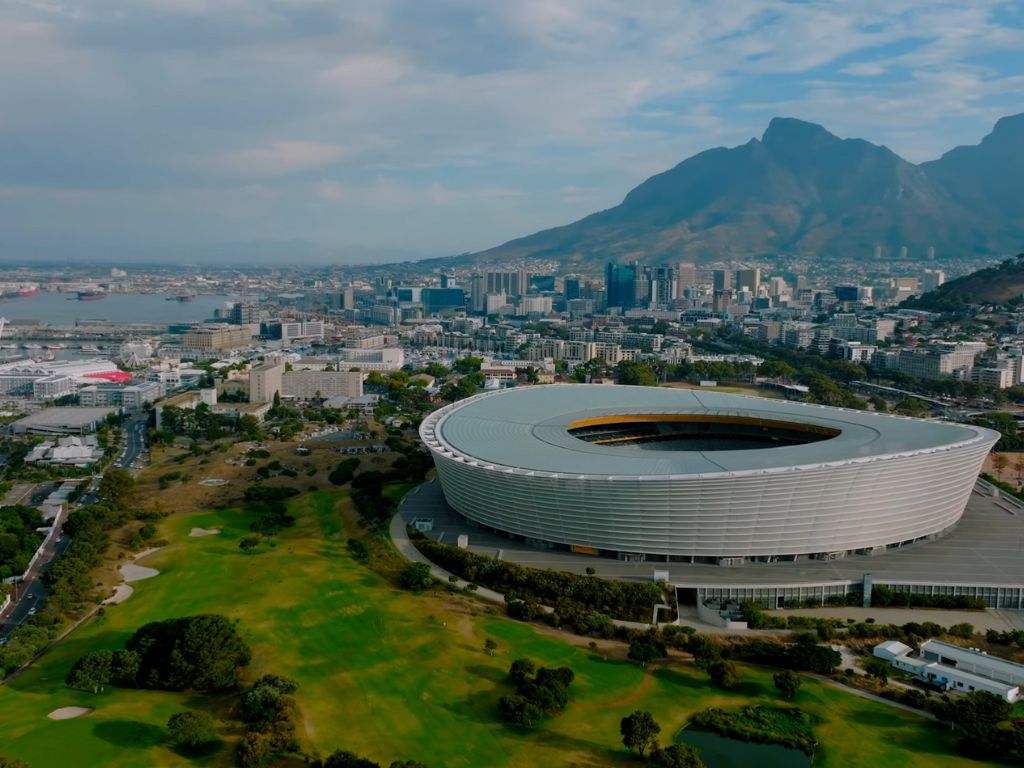
Cape Town is a top pick in South Africa, especially in winter. The weather might be a mix of sun and rain, but the cool temps are perfect for outdoor fun. This includes hiking Table Mountain and checking out the Cape Winelands. In winter, there are wine tastings and chances to explore historic places like Stellenbosch and Franschhoek. You can also get deals on fancy stays and meals.
Whale Watching in Hermanus
Hermanus is a must-visit for whale watching. It’s best seen from June to December when southern right whales and their babies come close. The best time is usually June and July. You can watch them from the Cliff Path, which offers stunning views of the coast.
Exploring the Garden Route
The Garden Route is an awesome 180-mile coastal area in South Africa. It’s known for its beautiful landscapes and things to do outdoors. Although it might rain in winter, the region still has a lot to see, like lagoons, lakes, and forests. Just be prepared for the weather. Don’t miss out on paddleboarding or horseback riding. The off-season brings benefits like fewer people and better prices for places to stay.
Embracing South African Culture and Cuisine
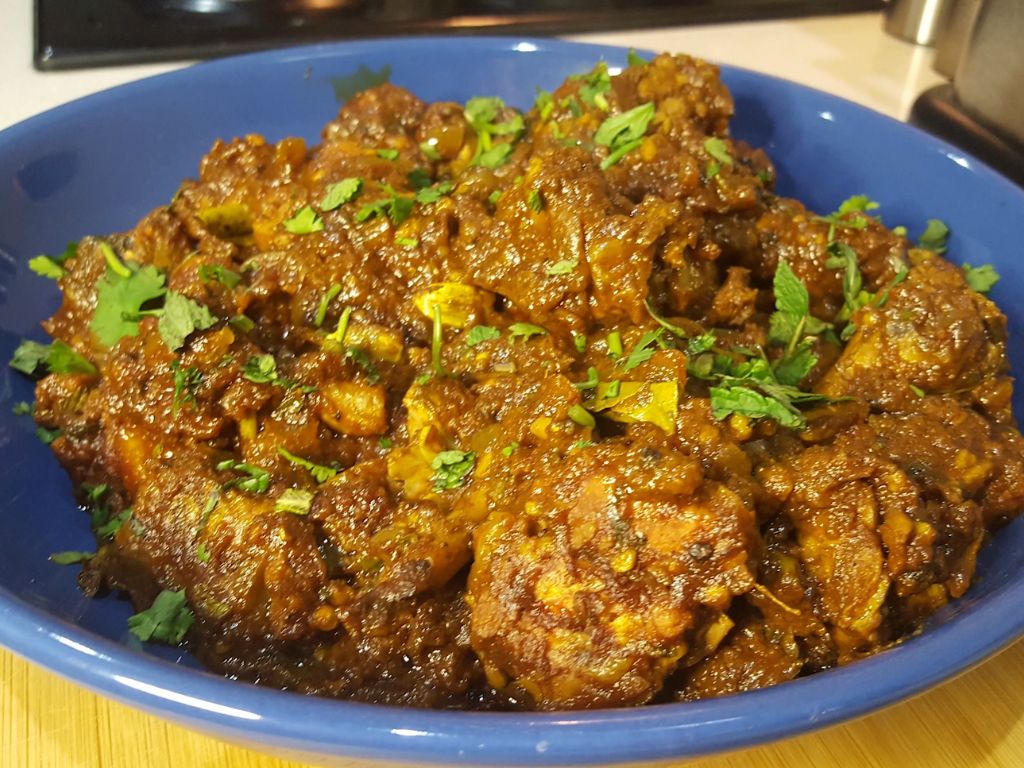
Trying local food is a top experience in South Africa. Winter is perfect for eating comfort foods there. You can enjoy dishes such as bobotie, a tasty meat casserole, or Cape Malay curry, full of unique flavors. Cities like Cape Town and Johannesburg offer a wide range of traditional South African foods to try.
Sampling Traditional Winter Comfort Foods
Winter in South Africa is a time for special events. People can join in on cultural festivals, music, and celebrations. These activities help us understand and appreciate South African culture. They make your trip more unforgettable and rich.
Immersing in Local Festivals and Events
Winter in South Africa is not just cold; it’s a time for tasting and experiencing. You can dive into the food scene in cities or join in the fun at local festivals. This season offers a chance for a very real and memorable visit.
Conclusion
Visiting South Africa in winter brings a special travel experience. You can see amazing wildlife at Kruger National Park. Plus, places like Cape Town and the Garden Route have nice weather and fewer people.
This season is perfect for those who love outdoor activities or want to dive into a new culture. It’s also a great time for those looking for a budget-friendly or quiet vacation. South Africa in the winter guarantees a memorable trip.
Winter in South Africa means seeing diverse landscapes and enjoying top-notch safaris without the usual rush. Lower costs and less crowded places make it ideal for travelers. This time of the year is gaining popularity for these reasons.
South Africa’s beauty and people’s warm welcome make a winter visit unforgettable. It’s a chance to have adventures, relax, or get to know the culture deeply. The winter months in South Africa offer an unmatched chance to enjoy the country’s finest.
FAQ
Why should I visit South Africa in the winter?
In South Africa’s winter, you get lower prices for places to stay and flights. There are also fewer tourists. This means you can see more wildlife because it’s the dry season.
What is the weather like in South Africa during the winter months?
Winter temps in South Africa go from the low 50s at night to the mid-70s during the day. It’s cooler than some places in the Northern Hemisphere, but still warm. You’ll need to pack some layers.
Is it safe to travel in South Africa during the winter?
In South Africa’s winter, the days are shorter, and it gets dark earlier. This means you should be more careful at night, especially if you’re alone. It’s best to do activities when there’s daylight, so plan your trips that way.
What are the best wildlife viewing opportunities in South Africa during the winter?
In winter, the Big Five animals are easier to spot in South Africa. That’s lions, leopards, rhinoceros, elephants, and buffalo. They gather near water, making them easy to see. Kruger National Park is a great place for winter safaris.
What are some of the top winter destinations and activities in South Africa?
During winter, check out Cape Town and the Cape Winelands. Don’t miss the whales in Hermanus. The Garden Route has many outdoor activities. Explore these places for a great winter trip.
Can I experience South African culture and cuisine during the winter?
Absolutely! Winter is a great time in South Africa for trying local food and wines. There are also music events and culture festivals. They give you a taste of the country’s rich heritage.

